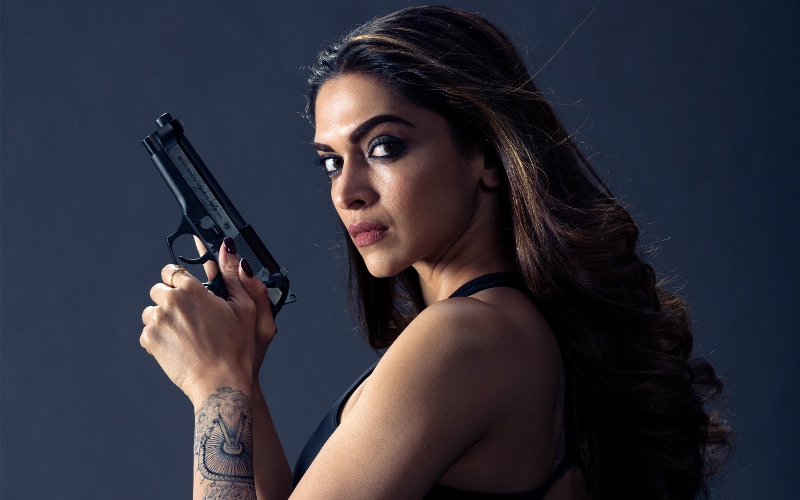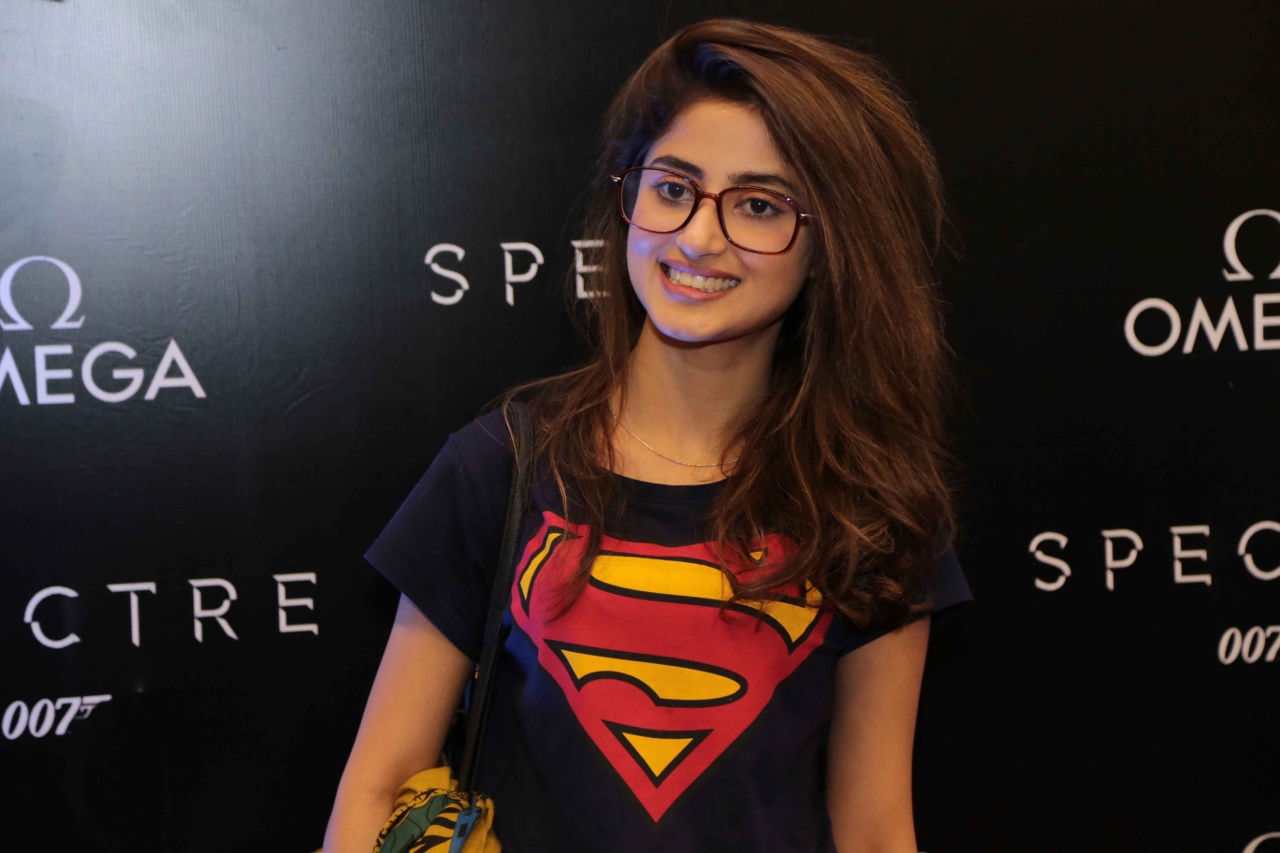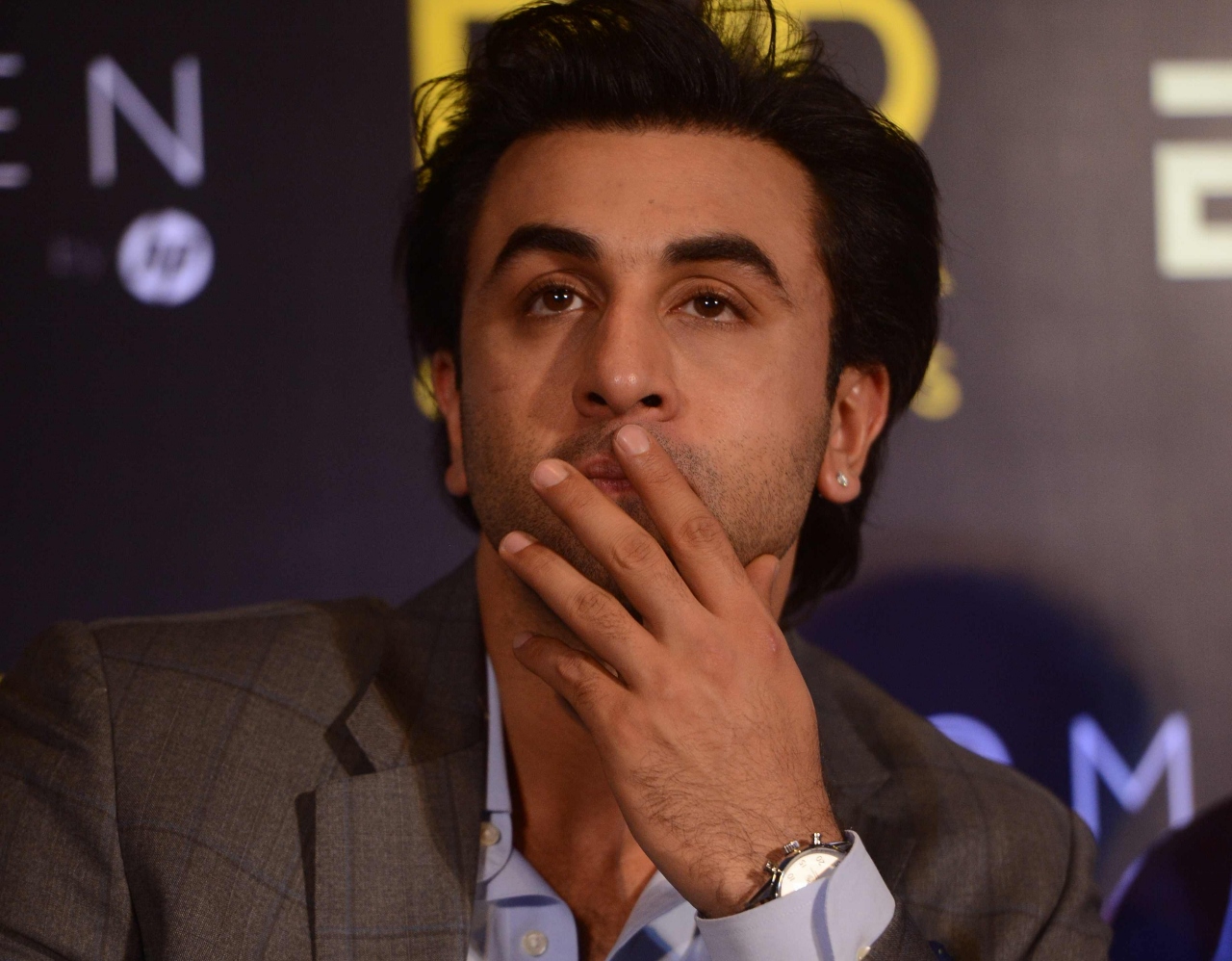Maa weaves a compelling tapestry of folklore and fierce maternal instinct, pulling audiences into the dark heart of Chandrapur. The film begins with a chilling origin sequence set 40 years prior — twin birth, ritual sacrifice, ancient evil — setting the tone for what’s to come . Director Vishal Furia masterfully blends this mythological lore with maternal drama, resulting in a potent opening that grips viewers immediately.
Kajol as Ambika is the emotional fulcrum of the film. Shifting from grief‑stricken wife to divinely empowered protector, her nuanced performance grounds all supernatural elements that follow. Critics consistently highlight this: “Kajol unleashes her fiercest avatar yet” and “she is the storm” . Kherin Sharma provides a tender counterpart as daughter Shweta, giving the mother-daughter pair genuine chemistry and stakes.
Yet, amid the strengths lies weakness: mid-film pacing lags, predictable plot points dilute engagement, and CGI ranges from stunning to noticeably amateurish . Still, for audiences seeking a high-gloss myth-horror with emotional depth, Maa delivers more often than it stumbles — propelled by Kajol’s commanding presence and the film’s spiritual underpinnings.














